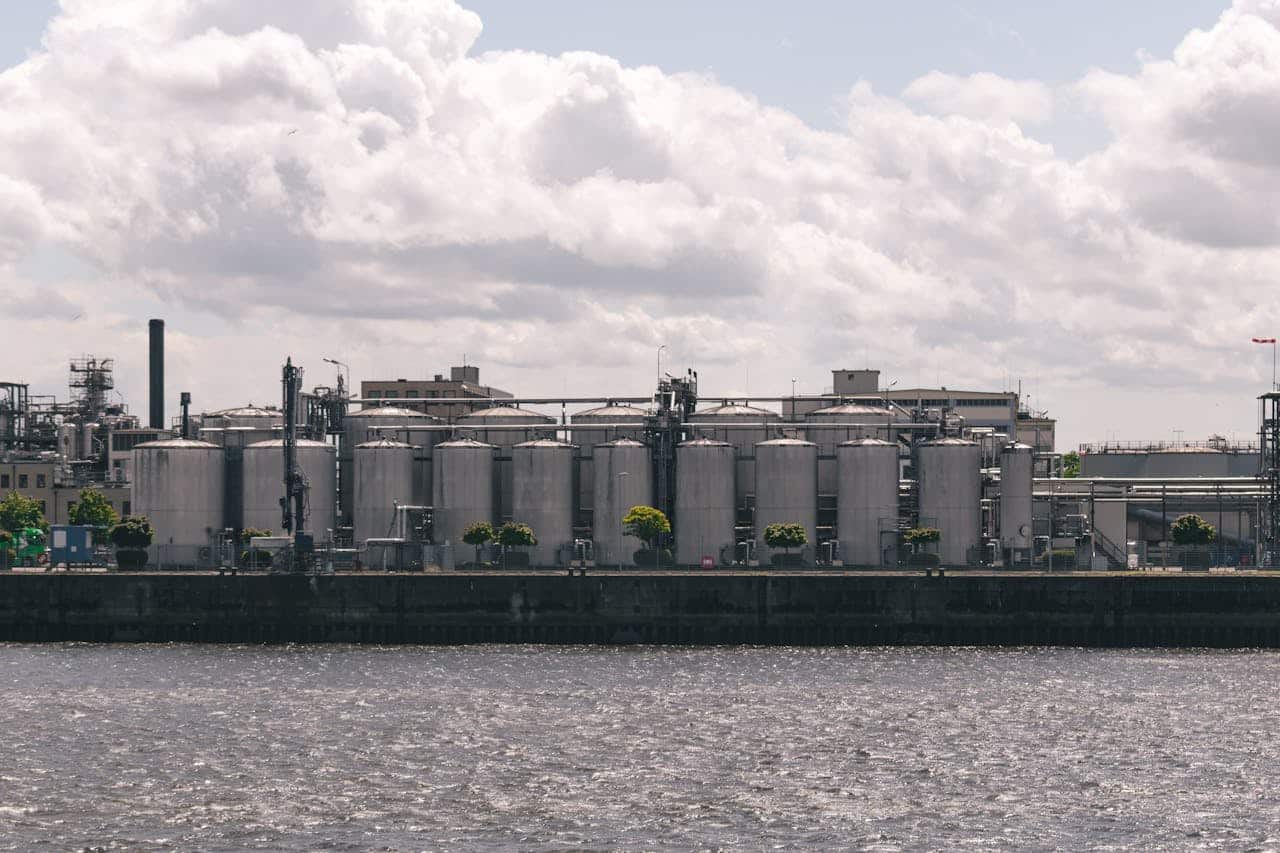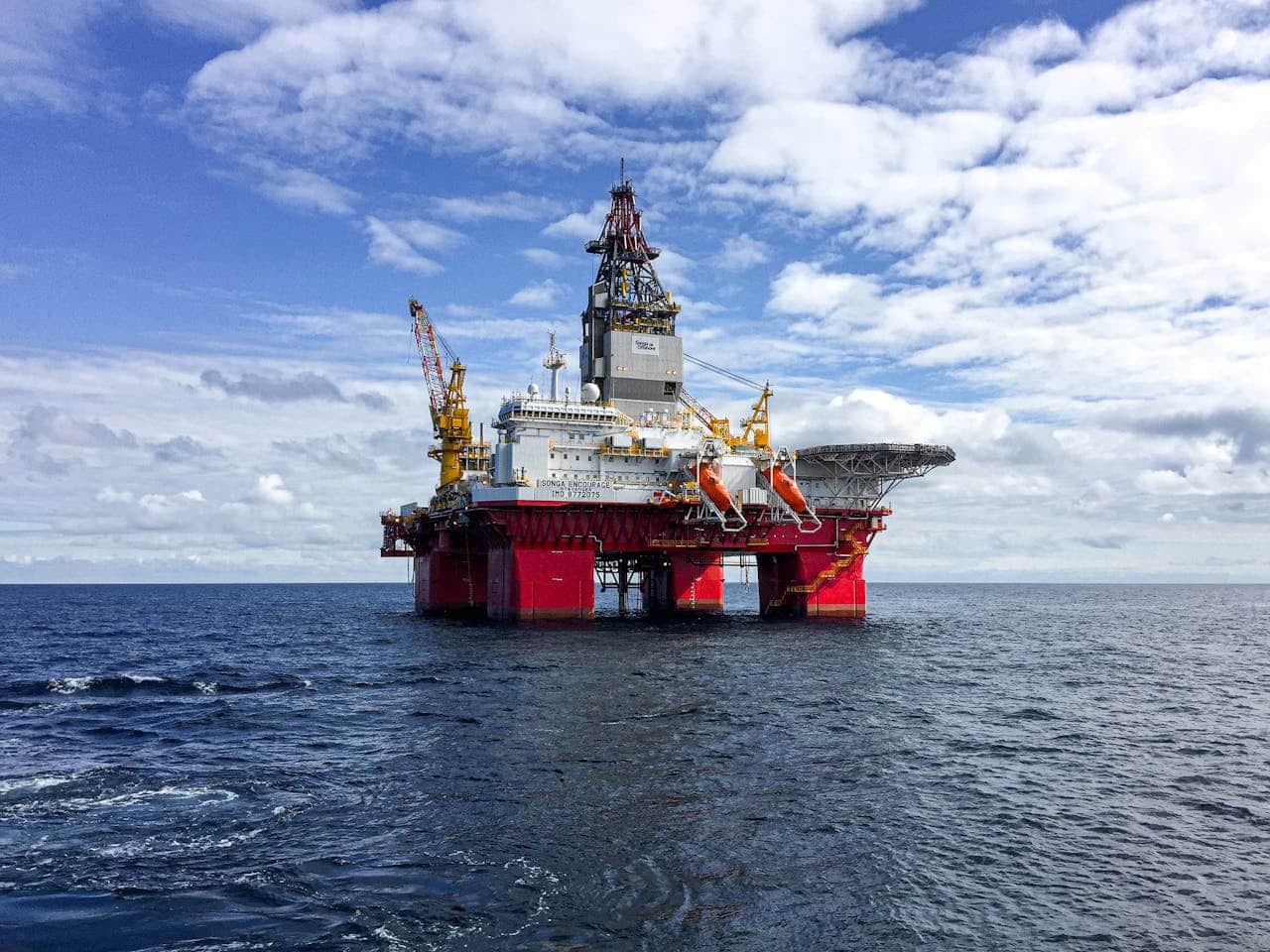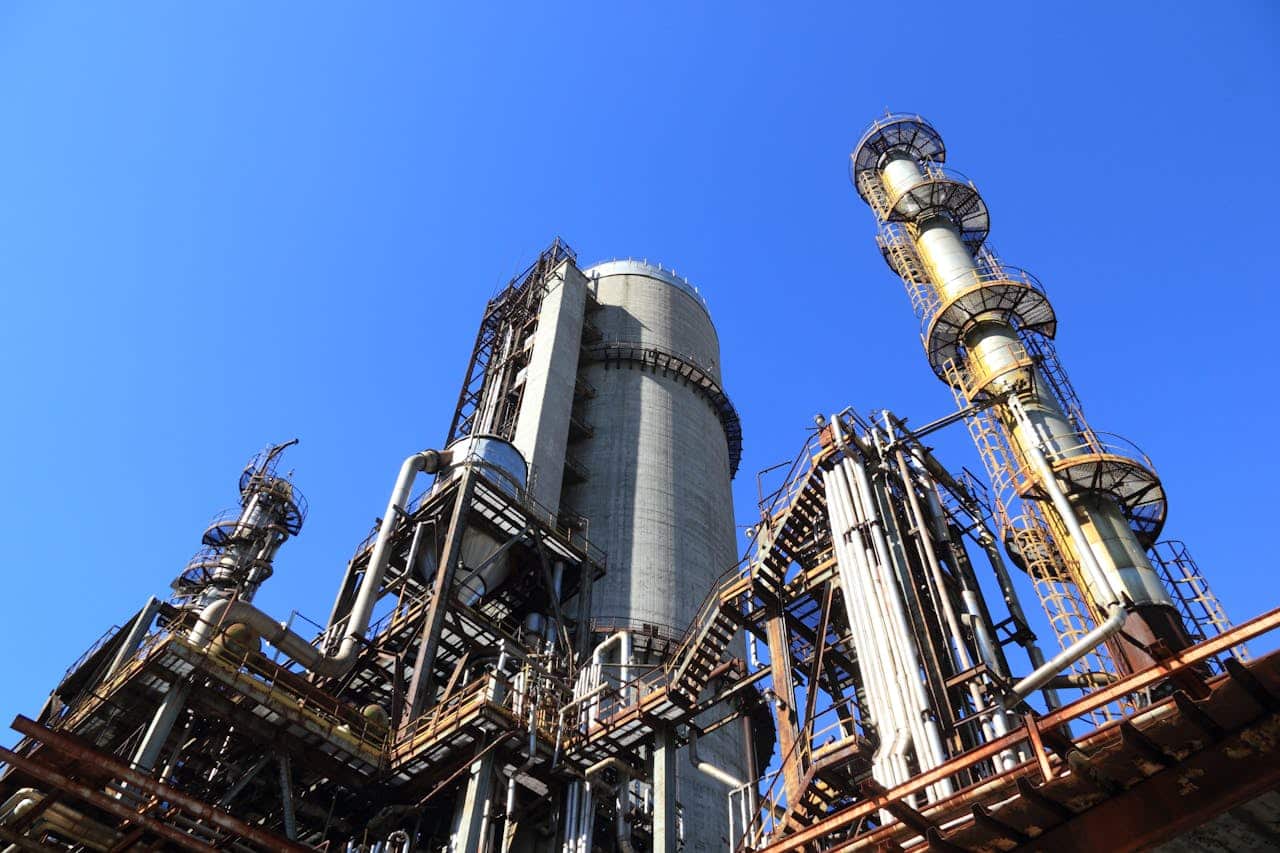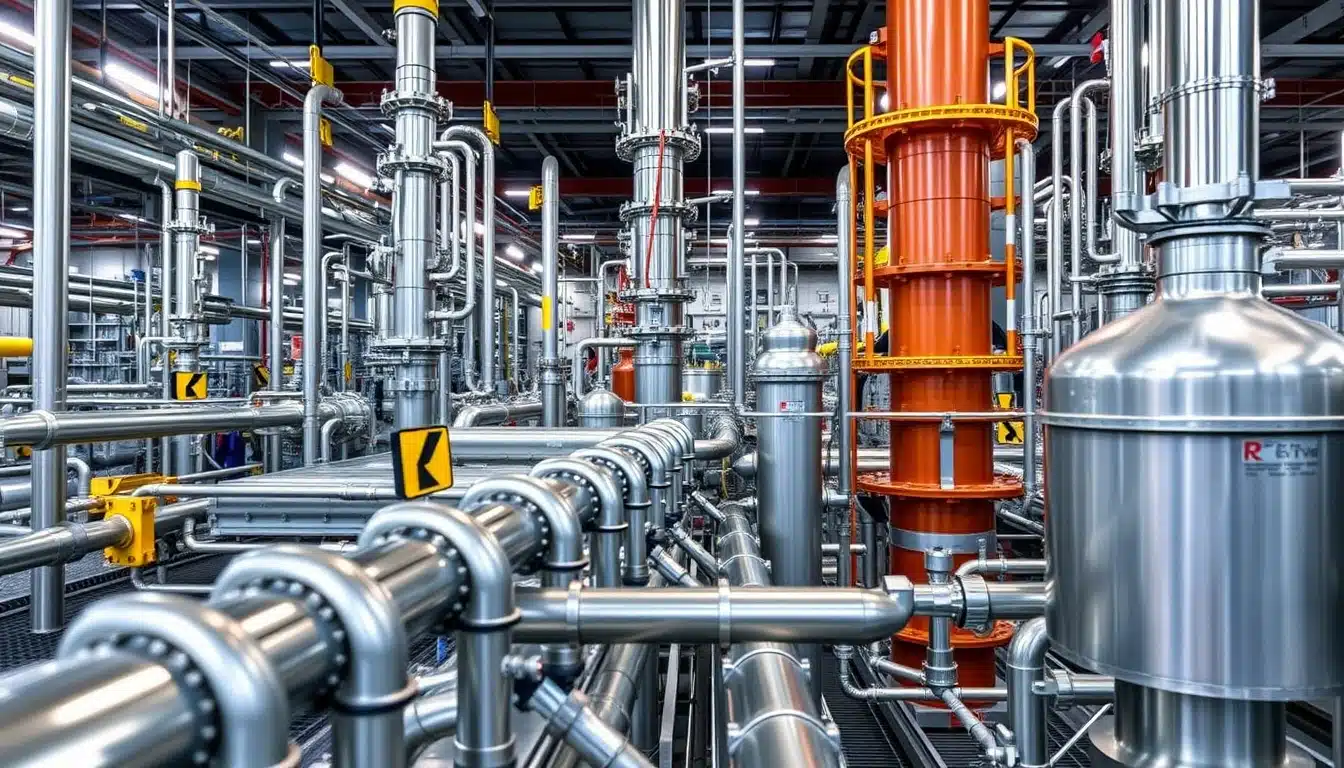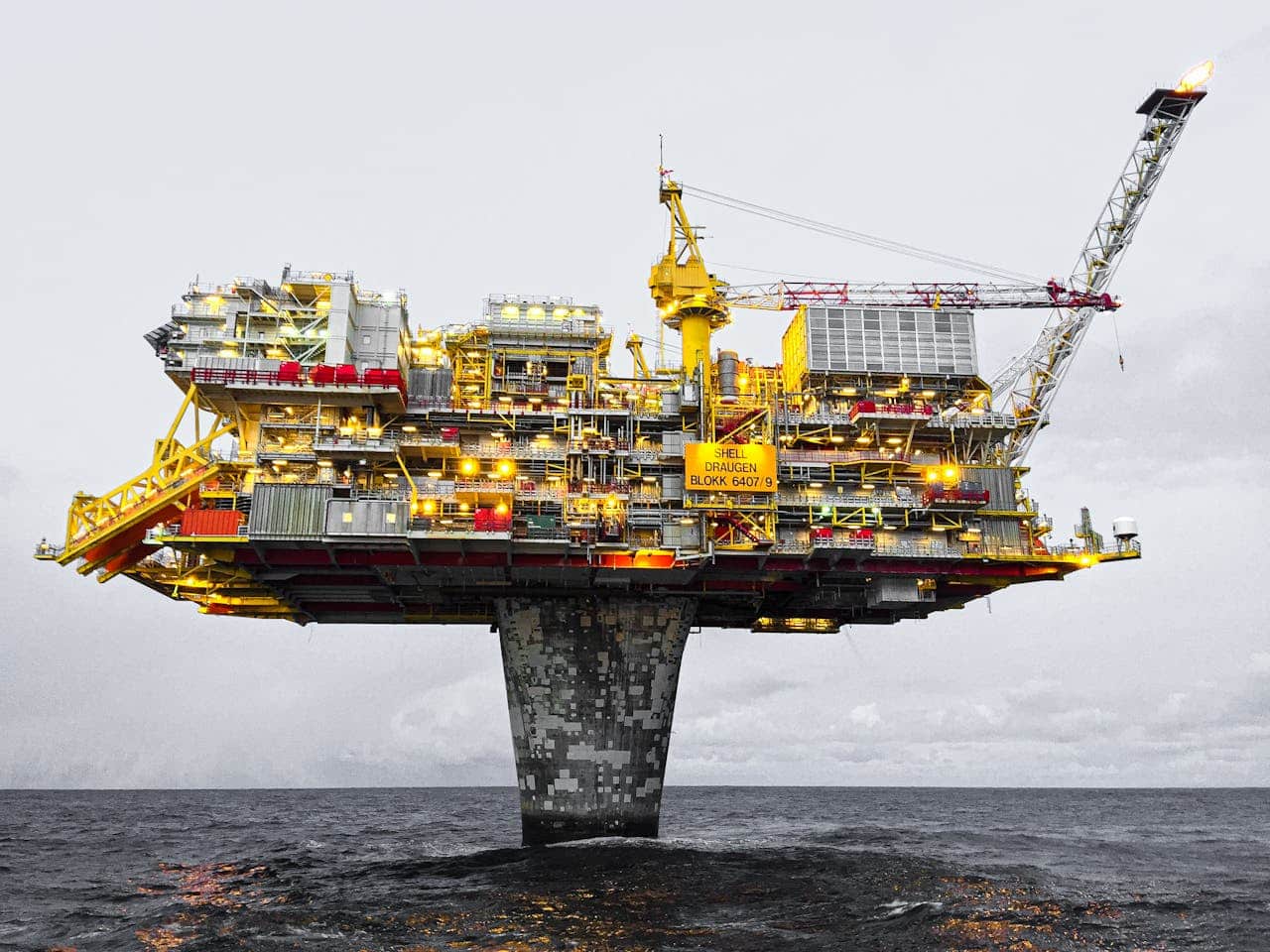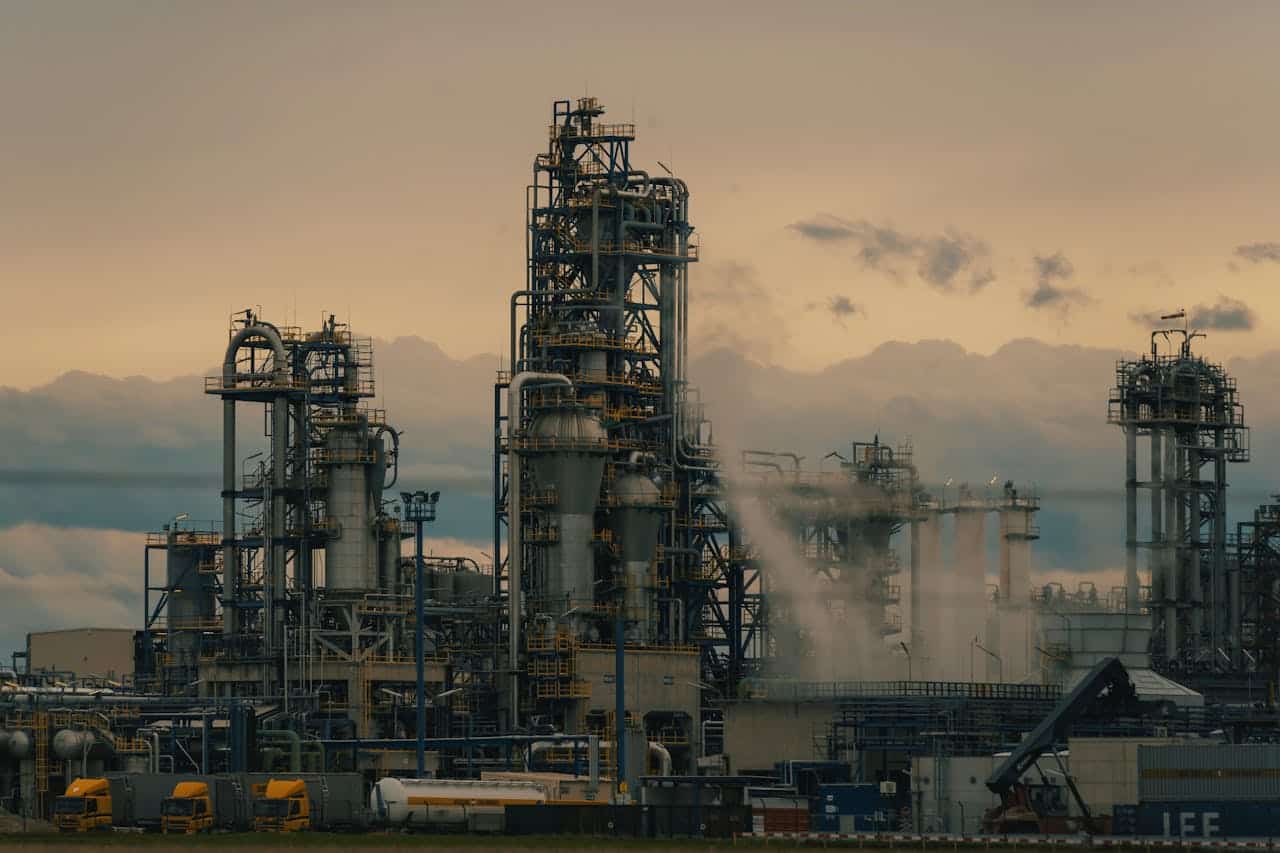Petrophysical Properties, Modeling, Journal, Analysis of Well Logs and Interpretation
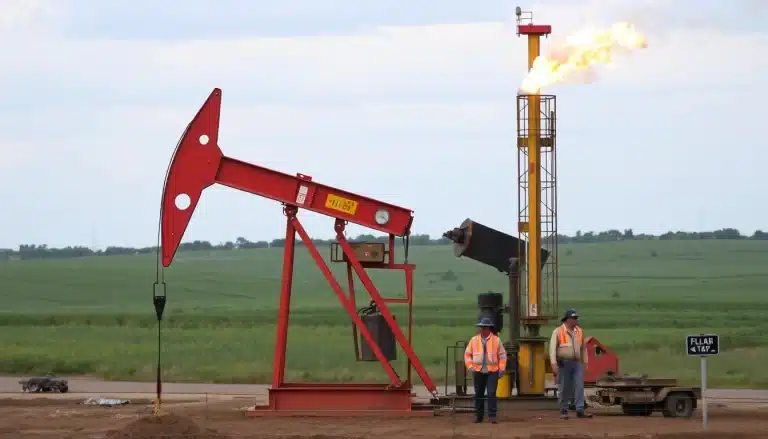
| Date | Format | Duration | Fees (USD) | Register |
|---|---|---|---|---|
| 22 Dec - 26 Dec, 2025 | Live Online | 5 Days | $3785 | Register → |
| Date | Venue | Duration | Fees (USD) | Register |
|---|---|---|---|---|
| 08 Dec - 12 Dec, 2025 | Dar Es Salam | 5 Days | $5775 | Register → |
Did you know that well logs interpreted correctly can increase hydrocarbon recovery by up to 20%? This compelling statistic underscores the critical importance of accurate well log interpretation and petrophysical analysis in today’s oil and gas industry.
Course Overview
The Petrophysical Properties, Modelling, Journal, Analysis of Well Logs and Interpretation course is meticulously designed to equip professionals with cutting-edge knowledge in well log analysis, core data integration, and rock-physics models (RPM). This comprehensive programme focuses on multi-mineral analysis, petrophysical joint inversion, and uncertainty quantification to ensure participants can effectively navigate the complex landscape of formation evaluation.
Why Select This Training Course?
Selecting this Petrophysical Analysis Course offers numerous advantages for professionals involved in formation evaluation and compositional estimation. Participants will gain advanced knowledge of Bayesian inversion, probabilistic petrophysical interpretation, and gradient-based inversion. The course provides hands-on experience with radial basis function (RBF) interpolation and Markov chain Monte Carlo (MCMC), enabling attendees to optimise their analysis effectively.
For organisations, investing in this training enhances overall exploration effectiveness and strengthens reservoir characterisation capabilities. By ensuring that personnel are well-trained in handling borehole environmental effects and thin laminations, organisations not only protect their assets but also build sustainable practices. Research shows that companies implementing comprehensive petrophysical analysis techniques can significantly improve reservoir characterisation. For instance, integrated machine learning methods improved the accuracy of petrophysical assessments and enhanced reservoir management measures.
Individuals who complete this course will benefit from enhanced career prospects as they become more valuable assets in their respective fields. The skills acquired through this training can lead to professional growth and increased responsibilities within their organisations. Studies from recent petrophysical investigations demonstrate how thorough analysis of well logs and core samples provides valuable insights into reservoir properties.
Transform your petrophysical analysis capabilities – Join our next session!
Who is this Training Course for?
This course is suitable for:
- Petrophysicists and geoscientists in oil and gas.
- Reservoir engineers need detailed reservoir data.
- Geologists involved in exploration and development.
- Data analysts focusing on subsurface data.
- Students or professionals aiming to specialise in petrophysics.
What are the Training Goals?
The objectives of this training course are to enable professionals:
- To master the interpretation of complex well-log data.
- To apply advanced modelling techniques for reservoir characterisation.
- To stay updated with the latest research and methodologies in petrophysics.
- To enhance decision-making capabilities through data-driven insights.
How will this Training Course be Presented?
The Petrophysical Properties, Modelling, Journal, Analysis of Well Logs and Interpretation Course employs a comprehensive and innovative approach to ensure maximum knowledge retention and skill development. Expert-led instruction from seasoned petrophysicists forms the core of the course, providing up-to-date insights into modern analysis techniques and practical applications.
Our dynamic training methodology includes:
- Engaging interactive sessions with petrophysics experts, offering direct insights into advanced analysis
- Immersive workshops featuring real-world data interpretation scenarios
- In-depth demonstrations of cutting-edge petrophysical software
- Thought-provoking collaborative projects tackling complex formation evaluation
- Comprehensive access to extensive digital resources and analysis tools
Ready to master petrophysical analysis? Secure your spot today!
Course Syllabus
Module 1: Reservoir Surveillance Using Logs
- Time-lapse logging for monitoring changes.
- Production logging for well performance.
- Monitoring water encroachment with logs.
- Detecting bypassed pay through surveillance.
- Techniques for detecting reservoir compartmentalisation.
- Log-based methods for EOR evaluation.
- Use of permanent downhole gauges.
- Integrating surveillance logs with production data.
- Real-time monitoring for reservoir management.
- Changes in petrophysical properties over time.
- Predictive maintenance of wells using log data.
- Economic implications of surveillance data.
Module 2: Well Logging Techniques
- Types of well logs and their applications.
- Gamma-ray logs for lithology identification.
- Resistivity logs for saturation analysis.
- Sonic and density logs for porosity evaluation.
- Nuclear magnetic resonance (NMR) logging.
- Borehole imaging for detailed geology.
- Logging while drilling (LWD) vs. wireline logging.
- Environmental corrections in log data.
- Log quality control and preprocessing.
- Calibration of logging tools.
- Data normalisation for multi-well studies.
- Handling of data from complex formations.
Module 3: Log Data Interpretation
- Basic interpretation techniques for logs.
- Cross-plot analysis for lithology and porosity.
- Quantitative interpretation for reservoir parameters.
- Handling of bad hole effects.
- Interpretation in laminated and shaly sands.
- Temperature and pressure corrections.
- Use of charts and nomograms in interpretation.
- Statistical methods in log analysis.
- Integration of petrophysical models with logs.
- Interpretation of thin bed effects.
- Uncertainty analysis in log interpretation.
- Real-time log interpretation during drilling.
Module 4: Advanced Petrophysical Modelling
- Building petrophysical models from well logs.
- Stochastic vs. deterministic modelling approaches.
- Use of machine learning for log prediction.
- 3D reservoir modelling incorporating petrophysics.
- Multi-disciplinary data integration for models.
- Geostatistical methods in petrophysical modelling.
- Forward and inverse modelling techniques.
- Uncertainty quantification in models.
- Dynamic reservoir modelling for production.
- Calibration of models with production data.
- Rock physics modelling for seismic integration.
- Predictive analytics for reservoir performance.
Module 5: Software Applications in Petrophysics
- Overview of petrophysical software tools.
- Data input and management in petrophysical software.
- Processing and analysis with specific software.
- Customising workflows for complex analyses.
- Visualisation techniques in petrophysical software.
- Automation of routine tasks in log analysis.
- Scripting for advanced log interpretation.
- Integration with reservoir simulation software.
- Machine learning algorithms in software tools.
- Cloud computing for large datasets.
- Software for real-time petrophysical analysis.
- Training for efficient software use.
Module 6: Integrating Well Logs with Seismic Data
- Basics of seismic data interpretation.
- Seismic-to-well tie processes.
- Use of synthetic seismograms.
- Rock physics for seismic attribute analysis.
- AVO (Amplitude Versus Offset) analysis.
- Seismic inversion for petrophysical properties.
- Calibration of seismic data with well logs.
- Time-depth conversion challenges.
- Multi-attribute analysis for reservoir characterisation.
- Seismic facies analysis.
- Integrating seismic with petrophysical models.
- Geostatistical approaches for seismic-petrophysical integration.
Module 7: Petrophysical Analysis in Unconventional Reservoirs
- Characteristics of shale and tight reservoirs.
- Log responses in unconventional plays.
- Organic richness from logs.
- Brittleness and fracability assessment.
- Mud logging integration for unconventional analysis.
- Geochemical logs for source rock evaluation.
- Petrophysical evaluation of coalbed methane.
- Impact of micro-fractures on log interpretation.
- Special core analysis for unconventional reservoirs.
- Advanced log analysis techniques for low porosity.
- Integration of petrophysical data with hydraulic fracturing.
- Performance metrics for unconventional reservoirs.
Module 8: Data Quality and Uncertainty
- Assessing log data quality.
- Sources of error in well logging.
- Statistical methods for data quality control.
- Handling incomplete or noisy data.
- Propagation of uncertainty in petrophysical analysis.
- Sensitivity analysis in log interpretation.
- Decision-making under uncertainty.
- Probabilistic approaches to log analysis.
- Impact of data quality on reservoir models.
- Strategies for data validation and verification.
- Continuous improvement in data acquisition.
- Ethical considerations in data reporting.
Training Impact
Research indicates that organisations implementing structured petrophysical analysis training programmes have demonstrated measurable benefits in both exploration success and reservoir characterisation. Case studies highlight the following comprehensive improvements:
From machine learning integration implementation:
- Enhanced accuracy in petrophysical assessments
- Improved reservoir management measures
- Strengthened formation evaluation capabilities
- Advanced uncertainty quantification methods
Additional benefits include:
- Significant improvement in well log interpretation accuracy
- Enhanced decision-making capabilities in reservoir characterisation
- Improved ability to handle complex geological formations
- Strengthened core-log integration strategies
- Increased operational resilience through comprehensive analysis
Transform your career in petrophysical analysis – Enrol now!

